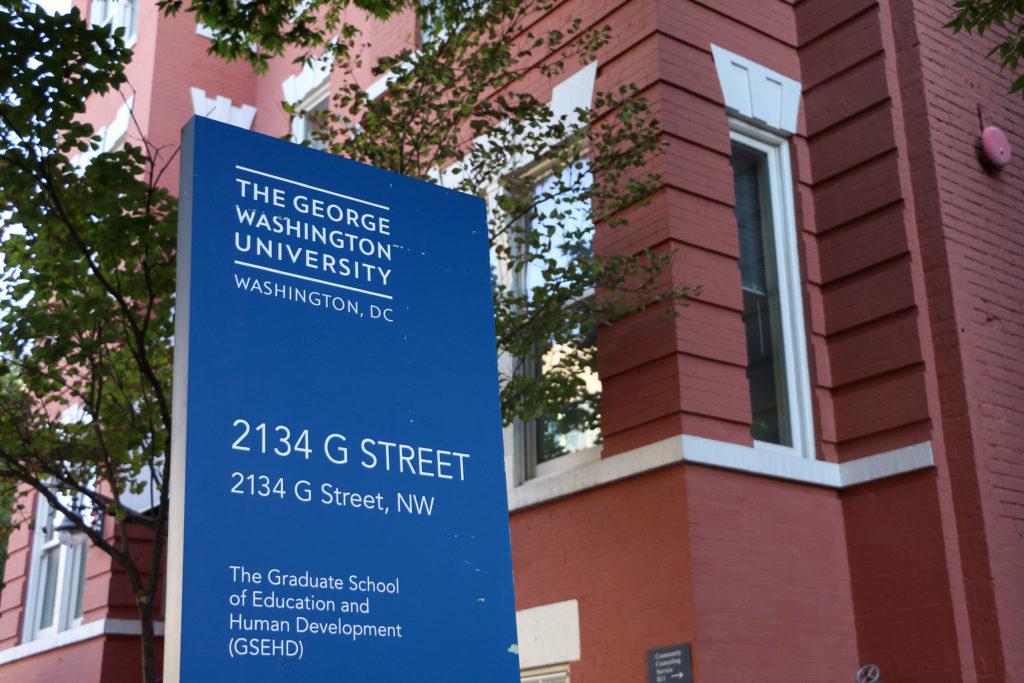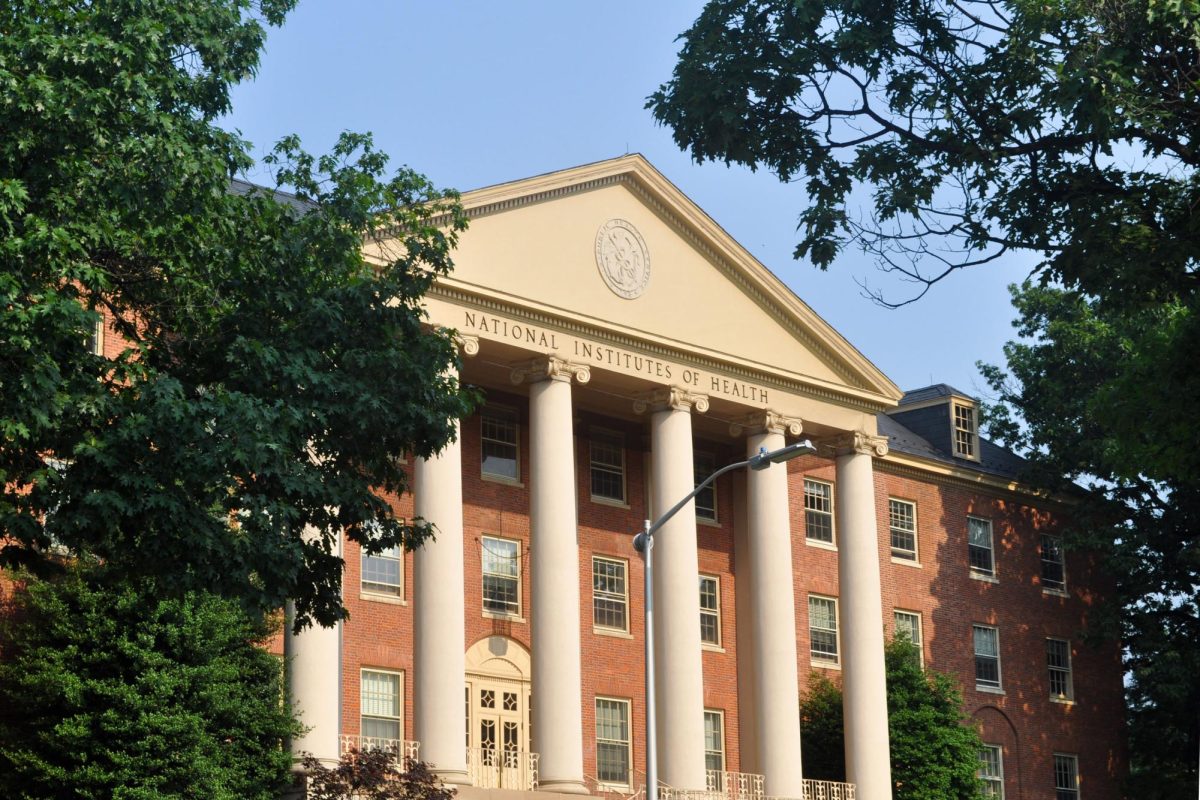This story is part of The Hatchet’s semester-long project sharing stories of GW’s faculty members at the forefront of researching the COVID-19 pandemic.
Jennifer Clayton is trying to point educators to best practices for teaching during the COVID-19 pandemic through a website.
Clayton, the director of the educational leadership and administration programs in the Graduate School of Education and Human Development, said she has spent the past several months researching ways K-12 education leaders have responded to the pandemic. Through her research, she said she is working with a graduate student to create a website housing information about ways educators can better their remote teaching.
“For me in my research, I think it is very important to understand how leaders who are really charged with ensuring that equitable outcomes exist for all children are able to sort of navigate this very unprecedented event in U.S. history,” Clayton said.
In conversations with educators, she said she learned of school officials offering WiFi on buses for students’ virtual classes and a principal who started a parent book study over Zoom. Those practices are funneled into the website, which is financed through the University’s internal fund for COVID-19 research.
Clayton said the goal of her project is to share potential solutions on how to teach effectively while dealing with the pandemic for schools around the country. She said she also wants to demonstrate the “resilience” of education leaders in their pandemic response.
Clayton said she’s currently meeting with K-12 educators in Hampton Roads, Virginia, which includes about 15 school divisions in the area. She said she has been using her network of senior educators to assist her in sourcing people to interview for her research, which she said has been useful because the issues facing the education field have been in flux throughout the pandemic.
“Having direct and constant access to a network like this allows me to have both formal and informal ongoing and interactive conversations with them, which is really critical, and this is at a time where some schools have actually placed limitations on the ability to conduct research because quite frankly their personnel are so overwhelmed with the day-to-day management,” Clayton said.
She said she has been collaborating with a graduate student in GSEHD who is helping her build the website to house the information gathered from her research. She said the goal of the website is to make her research widely available to the K-12 community around the country, which would otherwise have limited access to research that is only published in paid academic journals.
She said GW’s prioritization of education research proved critical in a time where the need for research is working on an abnormally fast timeline.
“We have children who are going to need tremendous support and who have needed tremendous support from a number of different angles and trying to think about what that re-entry if you will is going to look like is just so critical,” she said. “So I am really excited to see part of that and having GW’s support to do that work.”
Emma Lindberg, the graduate student assisting in creating the website, said she began developing the website in late December, and it is still in the early stages of development.
She said the website will contain the resources collected in Clayton’s research on various COVID-19 topics, including how to reopen schools and how to mentally and emotionally prepare students to return to school. She said the website will mainly consist of a compilation of blogs, research papers and articles that educators can easily access.
“There is so much information to sort through right now, and it is helpful to have important pieces in one place,” she said in an email. “Additionally, people are looking for information from a trusted, reputable source. I think Dr. Clayton and this website can be that source.”








